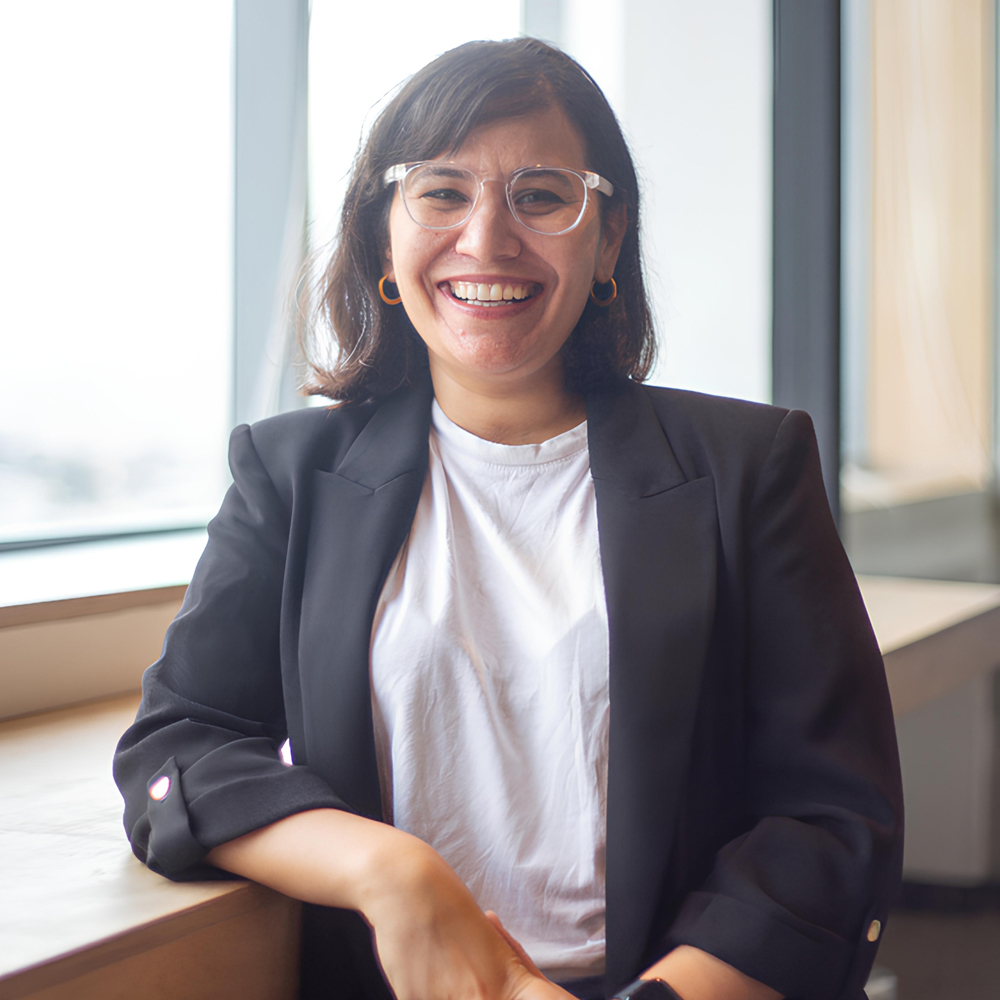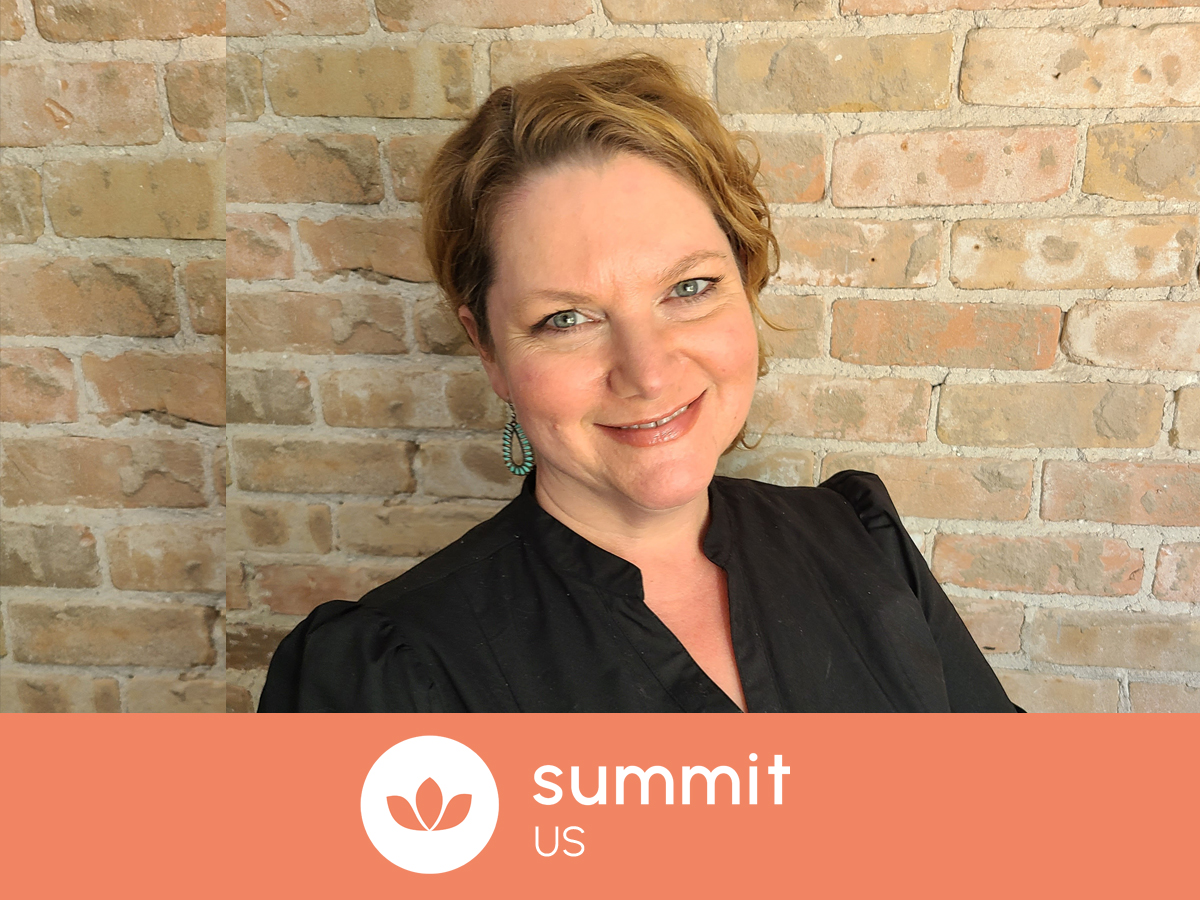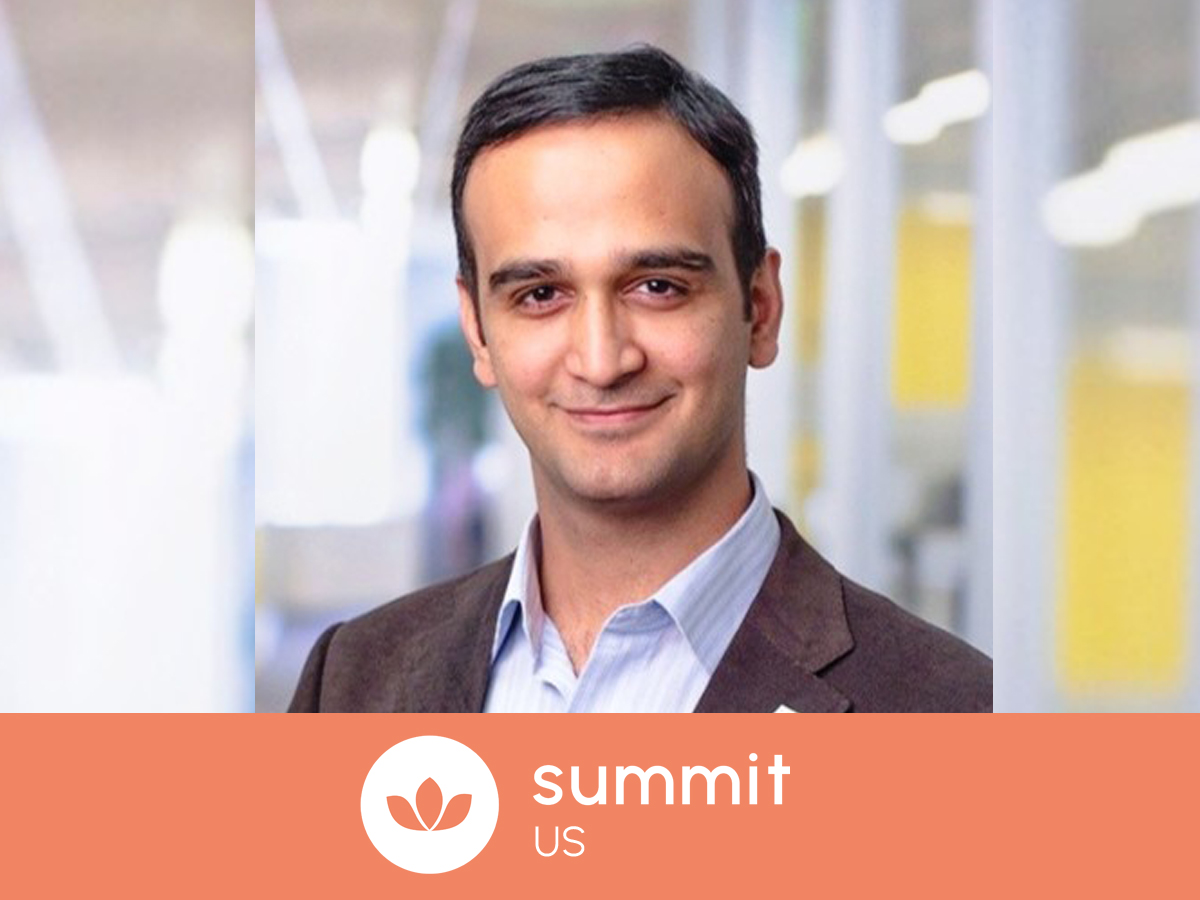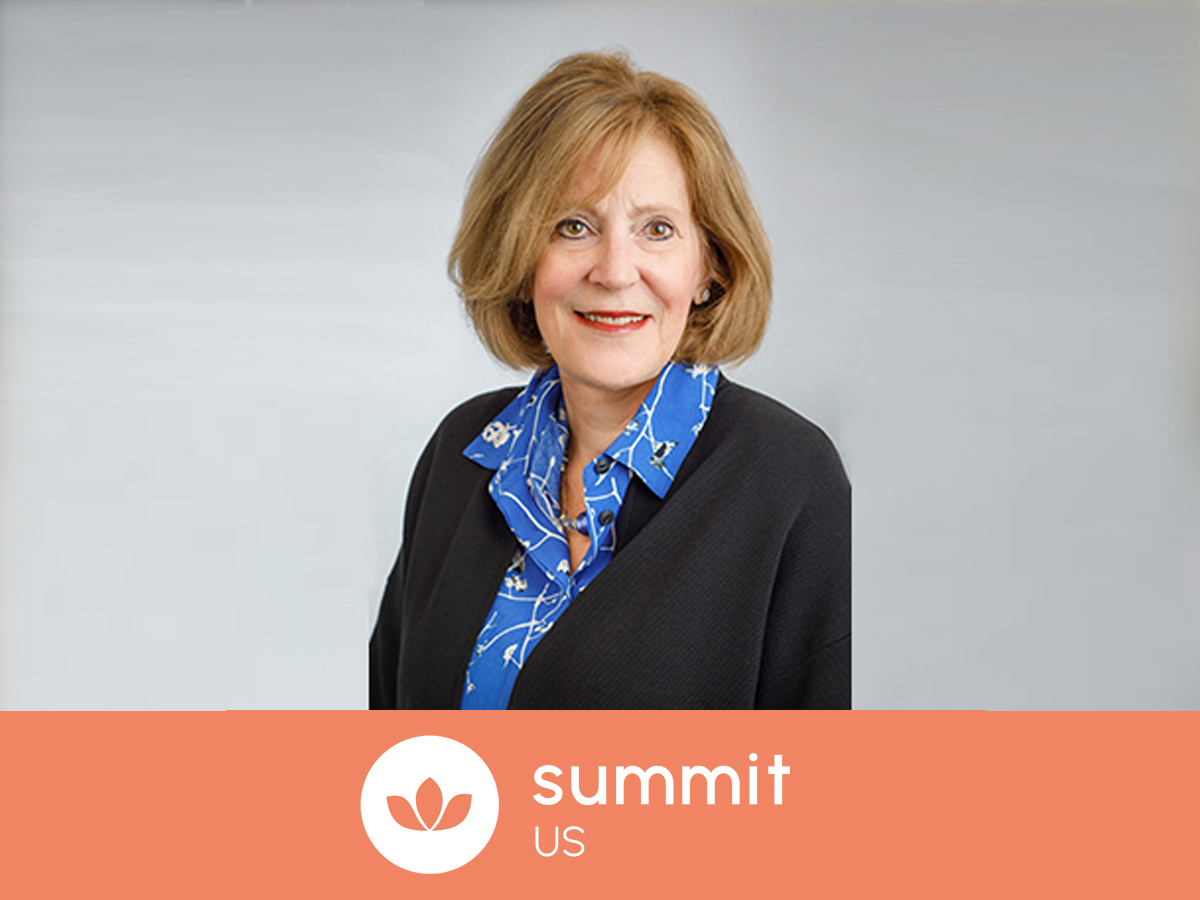
With a background in History from Reed College and an MPA from Columbia University, Mahua has championed technology-driven solutions to make mental health care more personalised and scalable. She spearheaded the development of 1to1 Maternity, addressing critical support gaps for expecting and new parents. Under her leadership, 1to1help has expanded its impact, reaching more organisations and employees across industries. A strong advocate for employee well-being, Mahua is committed to creating sustainable, stigma-free mental health support systems that empower both employers and employees.
We are delighted to share that Mahua will be speaking in Bengaluru on Thursday as part of our India summit. We caught up with her to see how she’s feeling in the runup to the event.
Hi Mahua, we are thrilled that you will be speaking at the Wellbeing at Work India Summit this week. Our first and most important question is, how are you doing today?
Thank you! I’m doing well and feeling quite energised by the opportunity to share insights and listen to the incredible work others are doing in this space. It’s a privilege to be part of a collective movement that’s redefining how we view mental health and employee well-being in 2025.
As a leader based in the region, what are the main challenges you are facing when it comes to employee wellbeing and mental health?
One of the biggest challenges we face is normalising help-seeking behaviour, especially among mid-level managers and senior leadership. While awareness around emotional well-being is increasing, stigma and silence, particularly around burnout, caregiving fatigue, and relationship distress still remain in workplaces.
Another challenge is scaling personalisation in a culturally diverse country like India. Employees expect support to be timely, relevant, and attuned to their life stage, yet organisations are still catching up with customisation. From supporting new parents through transitions to helping young professionals navigate uncertainty, the one-size-fits-all solutions simply don’t work.
What strategies have you seen developing over the past 6 months, both internally and externally, that are moving the dial on wellbeing in the workplace?
We’re seeing a shift from awareness to integration where well-being is no longer an HR add-on but a leadership and business priority. Over the past 6 months, many forward-thinking companies have implanted well-being into the employee lifecycle. And 1to1help has helped these organisations see patterns of distress, disengagement, and risk in their employees.
Why is employee wellbeing so important to you personally?
Because well-being isn’t a perk anymore, it’s a right. I believe every employee, regardless of title or tenure, deserves access to care that affirms their dignity and humanity. We spend more waking hours at work than anywhere else. So, that space must be emotionally safe. I’ve seen first-hand how timely emotional support transforms lives helping someone on the verge of quitting to rediscover purpose, or a new mother returning to work with confidence. These moments are deeply personal for me and that’s why I’m so committed to this mission.
What impact is AI having in your organisation and how are you managing that?
AI has been a powerful enabler for several organisations for augmenting access, scale, and precision. However, we’ve been very intentional about blending technology with human touch. AI can surely prompt, personalise, and predict but only trained mental health professionals can hold space for complex emotions. Our counsellors continue to be the heart of our interventions, while AI enhances the reach and responsiveness of what we do. This balance allows us to maintain ethical, context-sensitive care.
Other than AI, are there any challenges that you are seeing for the first time and how are you addressing them?
Yes, “quiet quitting” and “resenteeism” are emerging issues we’re seeing across industries. Employees are staying on the job but emotionally checking out, often due to poor role clarity, lack of psychological safety, or systemic fatigue. We have focused manager sensitisation programmes that equip managers and leaders to engage with empathy, build psychologically safe teams, and recognise early signs of distress, all while maintaining healthy boundaries. It’s about empowering managers to be the first line of support without becoming counsellors themselves.
What areas do you think employers should be focused on over the next 12 months?
I strongly urge employers to shift their focus toward proactive mental health by investing in preventive, upstream strategies such as regular emotional check-ins, skill-building modules, and timely support. It’s equally important to offer life-stage-based interventions tailored to the unique needs of today’s workforce from Gen Z employees navigating early career stress, to mothers returning to work, and mid-career professionals managing hidden mental health struggles.
Do you feel that investment in employee wellbeing in the region is increasing or decreasing and is that a direct reflection on HR leaders’ increasing ability to demonstrate effective returns of their strategies to leadership?
Investment is definitely increasing but the nature of that investment is also changing. We’re seeing a shift from standalone apps to ecosystems of care that include data, access, and measurable outcomes. HR leaders are also more equipped today to demonstrate ROI whether through reduced absenteeism, improved engagement, or retention metrics.
How has your organisation been leading the way?
At 1to1help, we’ve always believed that workplace mental health isn’t about reacting to crises but building emotionally resilient organisations. We’ve been leading the way by providing over 1.1 million counselling sessions in 14 languages, with a 97% satisfaction rate. Our 24/7 care has helped more than 15,000 high-risk cases. Our digital tools are based on 24 years of experience and insights. We’ve also launched focused initiatives like 1to1 Maternity and our Student Assistance Programme, reaching two often-overlooked groups, mothers transitioning back to work, and young adults preparing to enter the workforce. And after almost two and a half decades, we are still committed to ensuring that emotional well-being isn’t just available but also effective, accessible, and unbiased.
Mahua will be speaking in Bengaluru at the Wellbeing at Work Summit India which takes place in Mumbai on 8th April and Bengaluru on 10th April. Further details on the Summit and tickets can be found here.



